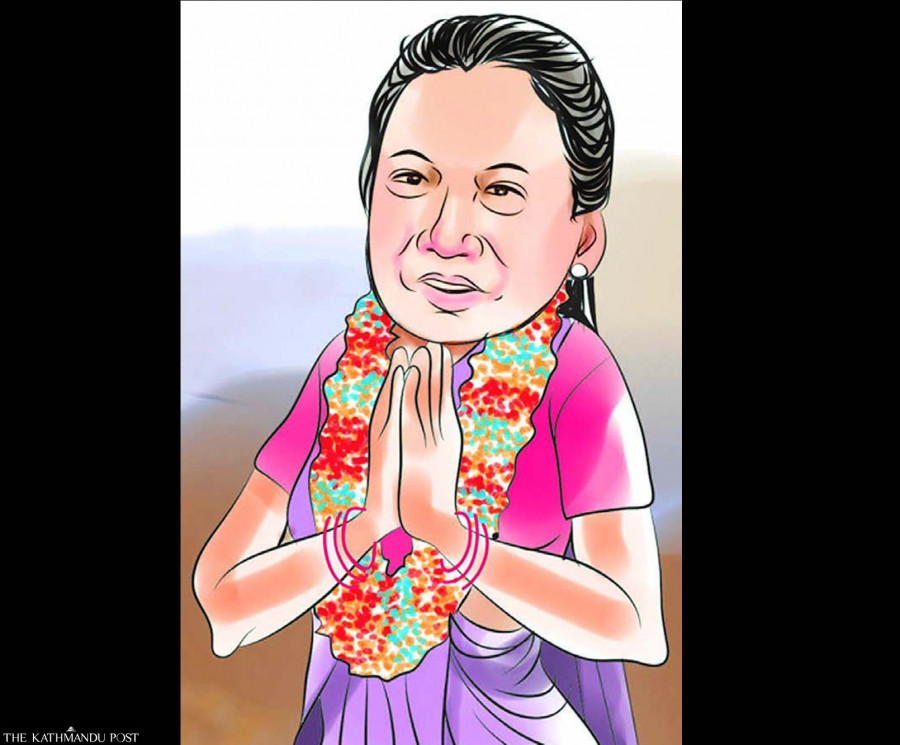Editorial
Women in politics
One can have all the rules and yet find a million ways to sidestep them.
One of the significant achievements of the last local elections was increased gender parity—with 40.96 percent of representatives being women and 91 percent of the deputy positions—deputy mayors in municipalities and vice-chairpersons in rural municipalities being held by women. As Nepal prepares to vote for the second iteration of local elections under the federal system, it is only natural to expect that we will achieve greater gender parity. Lately, however, the Election Commission has been dragged into the limelight for all the wrong reasons. While the Local Level Election Act 2017 makes it mandatory for political parties to field women candidates for either chief or deputy chief at the local level, such a provision is only applicable when the party fields candidates for both positions.
With alliance politics the current trend in governance, this loophole provides the parties ample ground to subvert the spirit of the constitution, which otherwise drives home the message of guaranteeing inclusive politics by allowing for fair and proportional representation. Instead of pressing the political parties concerning the constitutional provision regarding inclusive representation of women, the Election Commission has issued a statement primarily weighing in on the word priority for fielding women candidates—which will, in all likelihood, be construed by the parties as being given a free hand in fielding candidates. That may not reflect proportional representation at the local level, and thus be contrary to what is required by law.
Such a move by a constitutional body established to oversee fair election practices certainly falls short of the high expectations. The move is seen as nothing less than being backward and regressive. Since the elections are to be fought under alliances, the reservations voiced by various women leaders stand valid; political parties, to appease one another, could take decisions not to field women candidates at all as the two executive positions at the local level, that requires at least one of the positions to have a woman representative only if the political party is fielding two candidates for the posts of chief and deputy chief, will now be shared by the alliance. They hence will not be required to field a woman candidate legally.
Therefore, the statement issued by the Election Commission, albeit regressive, there was nothing much we could expect from constitutional bodies that have now gradually been reduced to mere pawns by the politicians. The actual burden of responsibility to ensure that women and other disadvantaged people are fairly and equally represented is to be shouldered primarily by the political parties. After all, they are the ones that formulate the rules that help in governance; and if seen to be disregarding the very laws they have helped formulate, what expectations can the average person ever wish for?
One can have all the rules and yet find a million ways to sidestep them to achieve one’s narrow objectives. There are rules concerning inclusiveness of women from various disadvantaged groups and minority backgrounds who have been side-lined for generations. The provisions guaranteeing their inclusive representation are just a few gems that we can savour from the current constitution. If we as a nation are serious about uplifting the lives of every individual, we must be serious about safeguarding these provisions that call for the representation of women in politics.




 10.12°C Kathmandu
10.12°C Kathmandu














